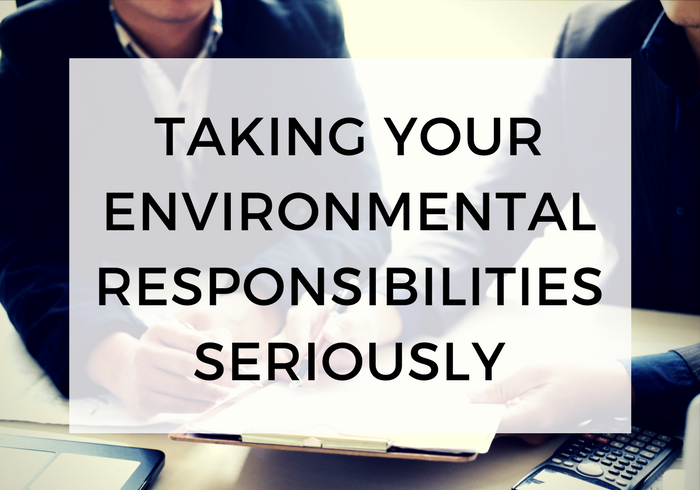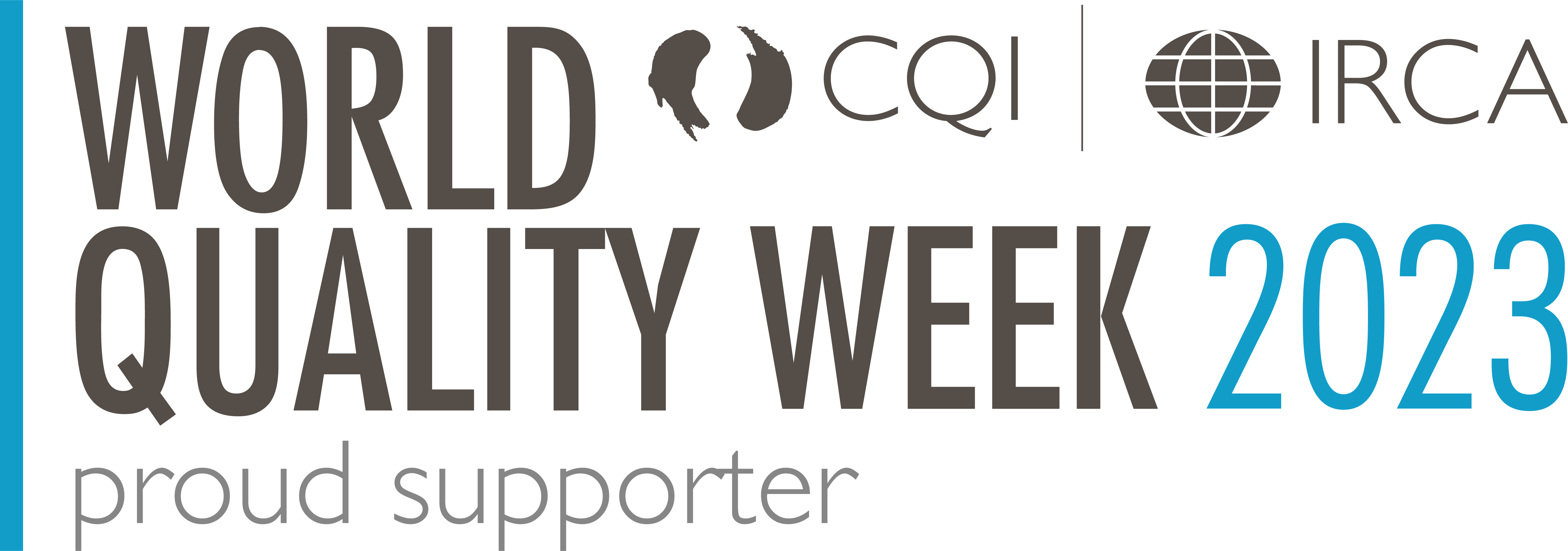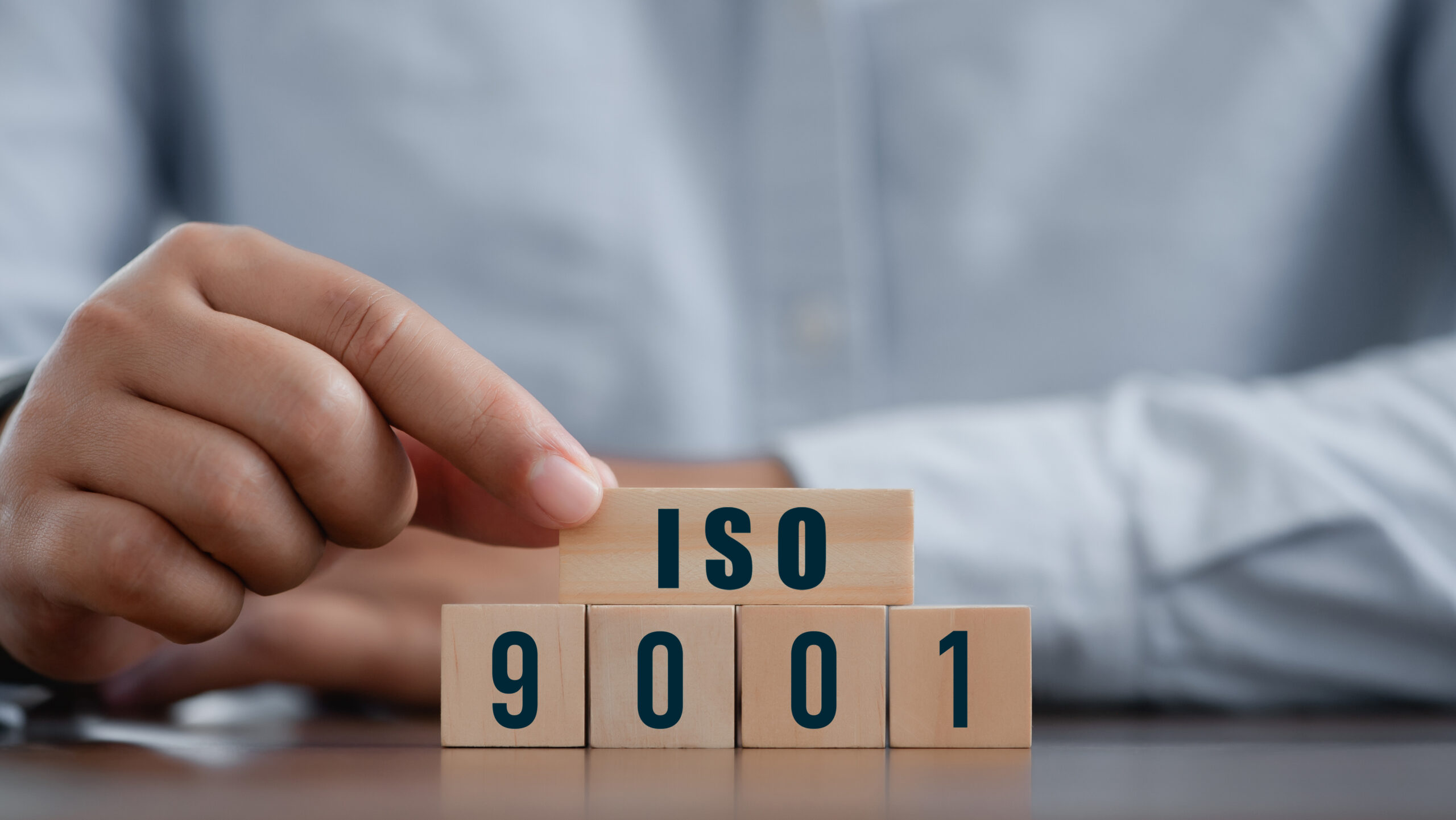You must ensure that you are complying with current rules and regulations and depending on the type of business that you run, you may also require either a permit or licence. Here is some useful information to set you on your way to ensure a favourable environmental balance in the workplace.
Taking responsibility for the environmental impact of your business will undoubtedly have a positive impact on the commercial performance of your organisation – for example enhanced corporate reputation, reduced energy bills and operational efficiency. We can help you demonstrate that your business takes your environmental responsibilities seriously and is operating to best practice. In the meantime here are some points that you will need to consider…
Environmental legislation
There are several rules that any business must follow to manage their environmental impact, all of which are very easy to adhere to without being costly or time consuming.
- Emissions – Air pollution can factor greatly towards the damage of land and water resources, as it will contribute to climate change and also have a detrimental effect on residents in the area. Legislation is in place to ensure that emissions into the air are controlled.
- Wastage – You must ensure that all waste that is generated from your business is stored safely and securely on your premises, making sure that it is treated properly if necessary and removed by either local authorities or a private waste company. There are separate guidelines regarding the type of waste you produce, so checking out the legal requirements for any unconventional refuse is important.
- Nuisance – Causing statutory nuisance will affect anyone that resides close to your business, and even someone’s health within your company. If you are emitting a lot of noise or hazardous waste which is causing inconvenience to your neighbours, then it is possible that your local authorities may take action against you. Producing smoke, gases, fumes, dust, light pollution or constant noise can be managed and controlled within your site by obtaining a PPC permit or waste management license.
- Liquid waste – Permission to discharge liquid waste or ‘trade effluent’ will need to be authorised by your water company before you proceed to do so. This encompasses detergents, waste chemicals and cleaning and cooling water infiltrating the sewerage system. Whether you are a large or small business, you could produce trade effluent, so make sure that you are working within the legal requirements when contaminating the water system with any debris including fats, oils, greases and food waste.
- Packaging waste – If you handle more than 50 tonnes of packaging or have a turnover exceeding £2 million then it is necessary to register your company with the ‘National Packaging Waste Database’ or become a part of an approved compliance scheme. If your business is producing packaging waste then it is a legal requirement to provide evidence of how you recycle your waste.
- Hazardous substances – Complying with restrictions involving storing hazardous substances is paramount. If your business is producing any hazardous waste then you must make sure that this is classified correctly and disposed of properly. Waste that is classified as hazardous is obviously harmful to both humans and the environment. Such waste may include oil, asbestos, chemicals, electrical equipment with harmful components; and even waste such as printer cartridges and energy saving light bulbs.
It is extremely important to notify relevant authorities to prevent and control any damage that your business may impose to the environment. If you do cause actual damage to the environment then you are required to take action to repair or reverse the damage.
Permits and licences
Your business may be required to have a permit or license if it poses potential types of environmental risks. If your business collects or transports waste, whether it be your own or on behalf of others, it is beneficial to make a registration as a waste carrier with the Environment Agency. If you are carrying out any activities involving waste such as storing, treating or disposing, then you will require a waste management licence or a document to prove exemption from your environmental regulator.
You may also require a pollution prevention and control (PPC) permit from your environmental regulator or local authority if you are dealing with industrial waste or intensive agricultural activities such as the use of hazardous substances.
Contamination of water is a huge risk to the environment, so if you are releasing unclean or contaminated water from your company then it is important to obtain discharge consent from your environmental regulator. This also includes discharging trade effluent for which you must also get permission from your water authority or water company.
If your business siphons water from groundwater or surface water instead of using water from the mains supply, then you will probably need to contact your environmental regulator for an abstraction licence.
Benefits of good environmental and sustainable practices
Of course, it is crucial for your business and your staff to comply with legislation when it comes to adopting environmental and sustainable practices within the workplace. It is also important to maintain and work towards better practices for the benefit of your business.
There are simple ways of ensuring that your business doesn’t have a huge carbon footprint and implementing them will benefit your business in the long run.
- You will save money by reducing your use of energy
- Using fewer raw materials will radically reduce your costs and waste disposal bills, plus it will also drastically reduce the amount of waste that you are producing.
- Water bills can be reduced by limiting the amount of water that you are using. This in turn will reduce your water bills and lower the cost of your water waste disposal.
- Save money on disposal costs by recycling the materials and equipment that you use. You could even try selling or trading in old equipment to save you investing in brand new equipment.
- Ensuring the prevention of environmental damage as a result of your business will reduce the risk of having to pay for damage and carry out remedial work after an environmental incident has occurred.
You may open up your business to new and exciting opportunities through sustainable development. Attracting investment from banks and other financial sources may be easier as organisations; including governmental establishments will only work with businesses that take their environmental responsibilities seriously.
Sustainable development can help you to make savings financially, as you can build up the reputation of your brand by being seen as a sustainable and environmentally friendly organisation. It is also very valuable in encouraging innovation within the working environment, increasing investment and branching out into new markets.






